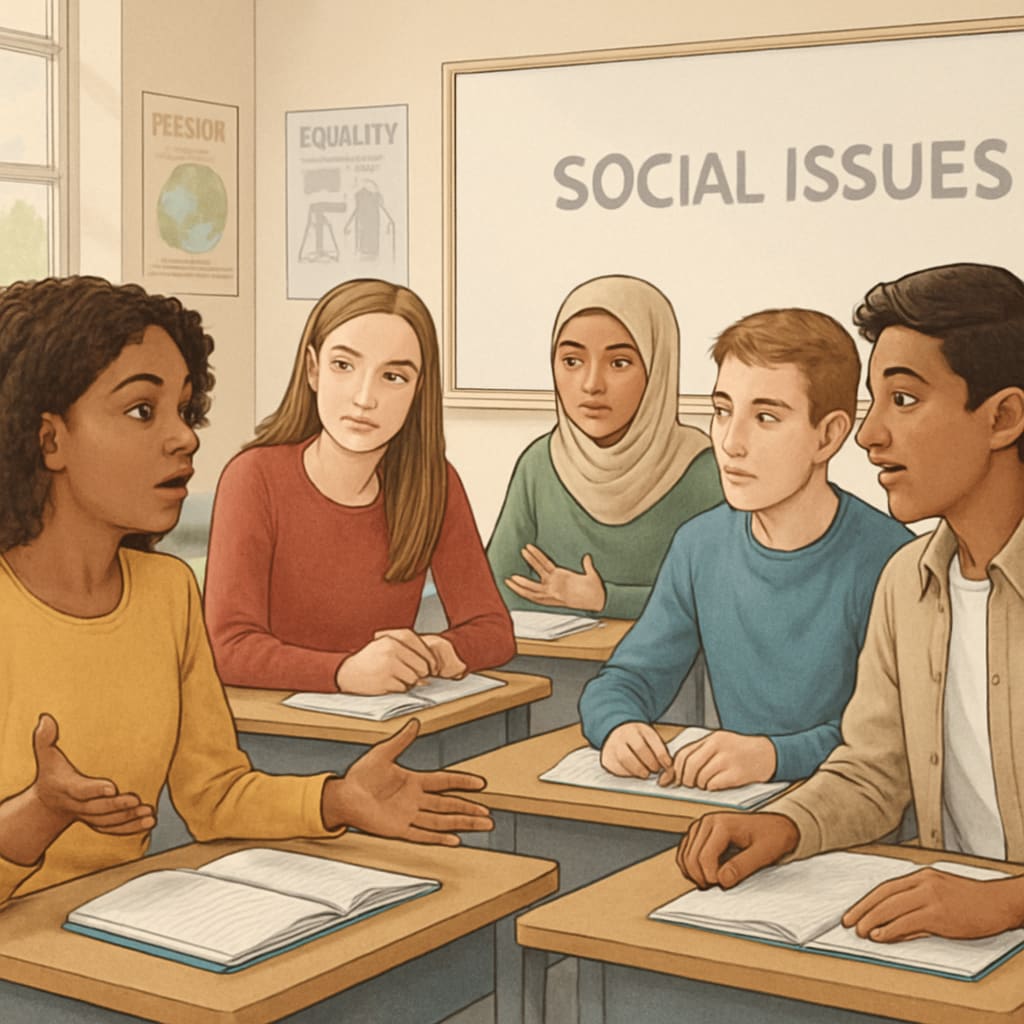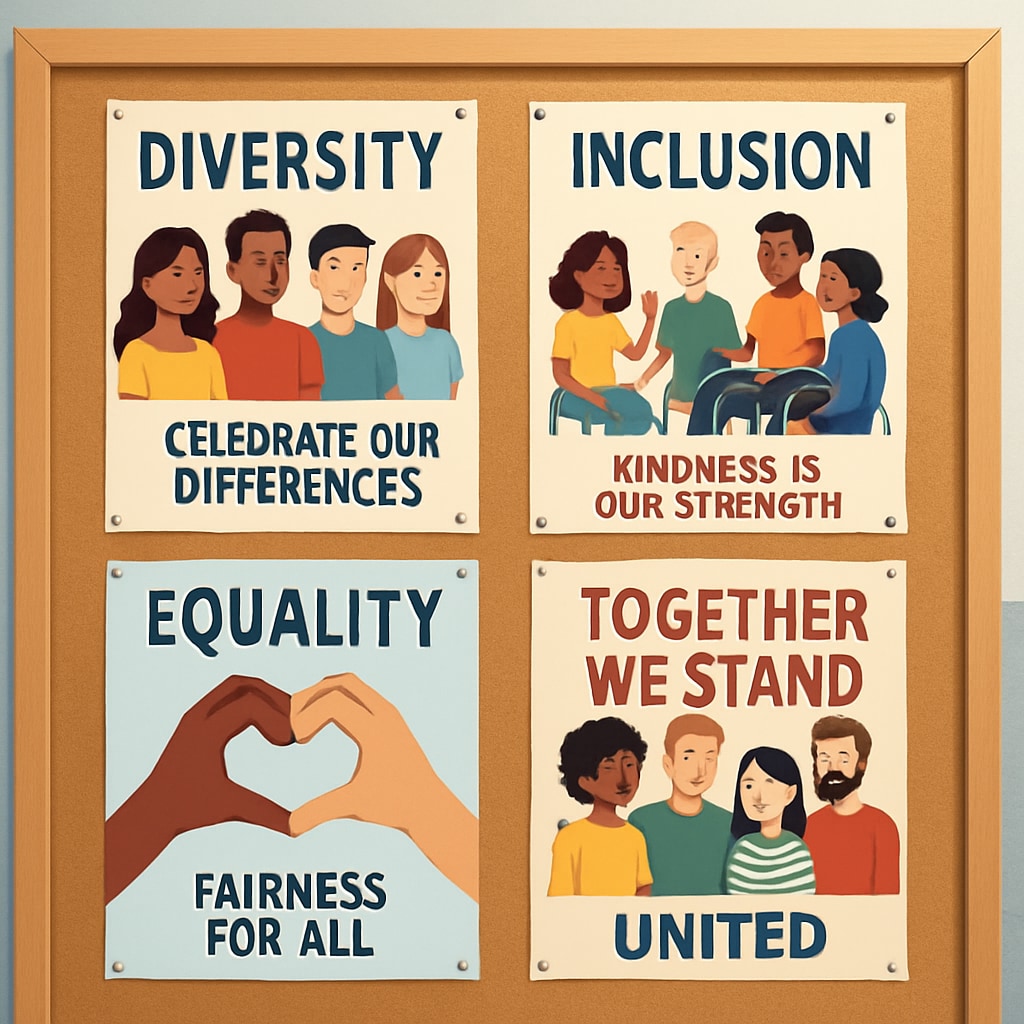In recent years, the concept of “wokeness” has grown increasingly prominent in conversations surrounding education. Students’ perceptions of wokeness in schools, as it relates to institutional stances on social issues, reveal significant changes in the educational environment. By analyzing current research, this article aims to highlight how modern students view wokeness in their schools and what implications this has for the future of education.

Understanding Wokeness in the Context of Education
Wokeness refers to an awareness of and sensitivity to social and political issues, particularly those related to race, gender, and inequality. In schools, this often manifests as educational initiatives, curriculum changes, and institutional policies designed to address systemic injustices. For example, many schools have incorporated lessons on diversity and inclusion or adopted policies to combat discrimination.
Students today are not passive observers in this shift. They actively evaluate how their schools approach such topics, with opinions ranging from enthusiastic support to skepticism. Some view wokeness as essential for creating an equitable learning environment, while others question whether it sometimes overshadows traditional academic priorities.
Students’ Perspectives: Supporting or Questioning Wokeness
Recent studies show that students hold diverse opinions about wokeness in schools. While many appreciate efforts to promote inclusivity, others feel overwhelmed by the constant focus on social issues. Key findings include:
- Positive reception among students who feel seen and represented through inclusive curricula.
- Concerns from those who believe excessive focus on wokeness detracts from core academic subjects.
- A generational divide, with younger students often embracing wokeness more readily than older peers or parents.

The Role of Schools in Social Awareness
Schools are increasingly seen as platforms for shaping social awareness, but this raises questions about the balance between education and activism. Should schools prioritize academic performance or social consciousness? While some educators argue that wokeness prepares students for a diverse world, critics caution against allowing political agendas to dominate educational content.
One notable example is the inclusion of ethnic studies programs in several districts across the U.S., which aim to teach students about the histories and cultures of marginalized communities. These programs have been praised for fostering empathy but have also sparked debates about objectivity and bias in education.
Implications for Future Education Reform
The growing focus on wokeness in schools has far-reaching implications for education reform. As institutions adapt to the evolving expectations of students and society, key challenges include:
- Striking a balance between inclusivity and academic rigor.
- Ensuring that educational content remains objective and fact-based.
- Addressing disparities in access to resources for implementing wokeness-related initiatives.
Ultimately, schools must navigate these challenges while remaining responsive to the needs of their students. As young people continue to engage critically with social issues, their feedback could play a pivotal role in shaping the future of education.
Readability guidance: Short paragraphs and lists summarize key points. Overuse of passive voice is avoided, and transitions like “for example,” “however,” and “in addition” ensure smooth flow.


